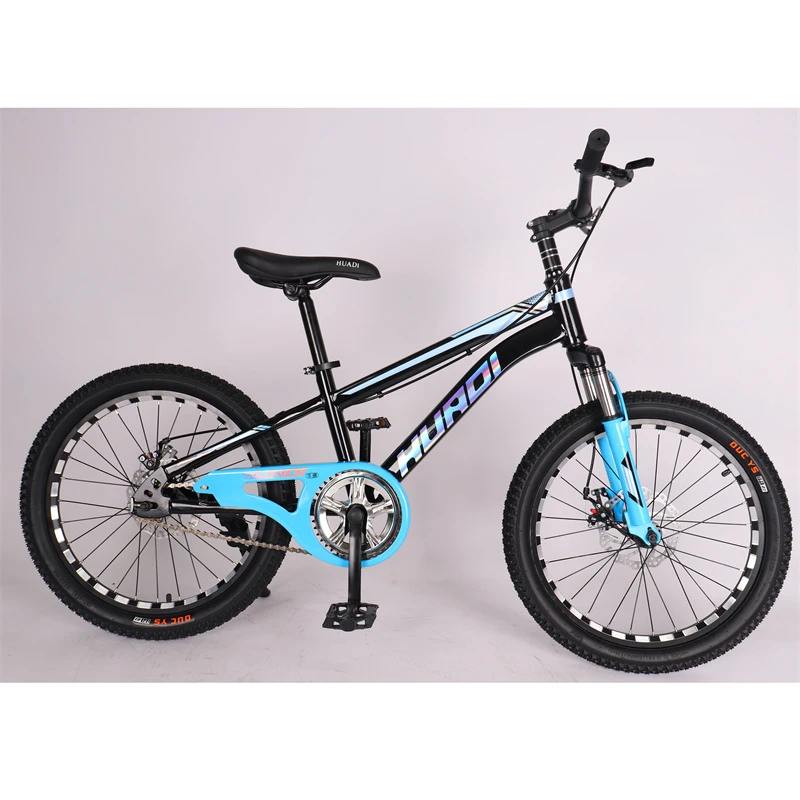choosing the right size mountain bike
Choosing the Right Size Mountain Bike A Comprehensive Guide
Mountain biking is an exhilarating way to explore the great outdoors and enjoy the thrill of nature. However, one of the most critical factors in ensuring a pleasant and effective riding experience is choosing the right size mountain bike. A well-fitted bike not only enhances your performance and comfort but also minimizes the risk of injuries. In this article, we will explore the key aspects to consider when selecting the perfect mountain bike size for you.
Understanding Frame Sizes
Mountain bikes typically come in a range of frame sizes, usually categorized as small, medium, large, and extra-large. The correct size is crucial because it affects your body posture, bike handling, and overall control. Frame sizes are generally measured in inches or centimeters, corresponding to the length of the seat tube. Each manufacturer may have slight variations in size, so it’s essential to refer to the specific sizing chart from the brand you are considering.
Rider Height and Inseam Measurement
The most straightforward way to start determining the right mountain bike size is by assessing your height and inseam measurement. Rider height is a primary factor in frame selection. As a general guideline, here are approximate size recommendations based on height
- Small (15-16 inches) For riders 5’0” to 5’4” - Medium (17-18 inches) For riders 5’5” to 5’9” - Large (19-20 inches) For riders 5’10” to 6’2” - Extra Large (21 inches and above) For riders over 6’2”
To get a more precise fit, measuring your inseam (the distance from your crotch to the ground) can provide additional insight. This measurement helps determine the standover height of the bike, which is the distance from the top tube to the ground when you stand over the bike. Ideally, you should have 1-3 inches of clearance for optimal comfort and safety.
choosing the right size mountain bike

Test Ride Before You Buy
While online sizing charts are helpful, nothing compares to the experience of a test ride. Visiting a local bike shop allows you to physically try various sizes and styles. During the test ride, pay attention to how the bike feels when you’re seated and standing. You should be able to comfortably reach the handlebars, and when standing over the bike, there should be adequate standover clearance.
Additionally, check if you can extend your legs fully while pedaling with a slight bend in your knee at the lowest point. If you feel cramped or stretched out, the bike may not be the right size. Factors like stem length and seat post adjustment can sometimes compensate for minor sizing issues, but getting the closest fit is preferable.
Other Considerations
Beyond frame size, you should also consider the bike's geometry, which can affect handling and comfort. Factors such as the length of the top tube, seat tube angle, and wheelbase all contribute to how a bike performs on varying terrains. If you plan to ride technical trails, you might prefer a slack geometry for more stability. Conversely, a steeper geometry is typically better for climbing.
Conclusion
Choosing the right size mountain bike is an essential step that can significantly enhance your riding experience. By taking into account your height, inseam measurement, the bike's geometry, and testing various models, you can find a bike that feels just right. Investing time in selecting the proper size will pay off in comfort, performance, and ultimately, your enjoyment on the trails. Remember, the perfect mountain bike is not just about the specifications; it’s about how it feels when you ride!
-
Three-Wheel Light-Up Scooter Benefits for KidsNewsJul.11,2025
-
The Importance of Helmet Safety When Using a Kids ScooterNewsJul.11,2025
-
Nurturing Early Mobility with an Infant ScooterNewsJul.11,2025
-
How to Choose the Safest Tricycle for KidsNewsJul.11,2025
-
Fixing a Squeaky Baby Push Tricycle in MinutesNewsJul.11,2025
-
Cleaning and Maintaining a Tricycle for Big KidNewsJul.11,2025
-
Unleash Fun and Safety with Our Premium Kids Scooter CollectionNewsJun.06,2025








